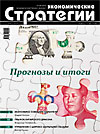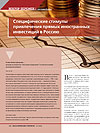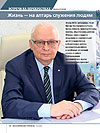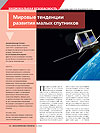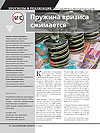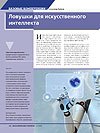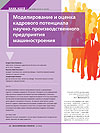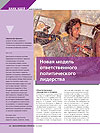Specific Incentives for Attracting Foreign Direct Investments in Russia
Foreign direct investment is steadily growing in the world, decreasing in the crisis years, but always restoring its flow. In 25-30 years its geography has expanded considerably. The number of countries and territories making investments abroad has doubled since the 1980s. The circle of donor-countries and the countries-recipients of foreign direct investment is expanding. Unlike most countries of the Central and Eastern Europe, such major emerging markets like China, Brazil, India, Russia has not yet created favorable investment climate, which implies stable political and macroeconomic environment, as well as protection of property rights. In addition to basic measures, aimed at creating attractive conditions for foreign direct investment, such as tax holidays, tax incentives, the use of the guarantee system, specific incentives to attract foreign direct investment have been successfully applied in different countries. Specific incentives for attracting foreign direct investment, such as creating areas of advanced development, where special legal regime for entrepreneurial activities is established, promotion of Russian companies in the world markets, export promotion are highly effective tools in enhancing the competitiveness of Russia in the global foreign direct investment market.


